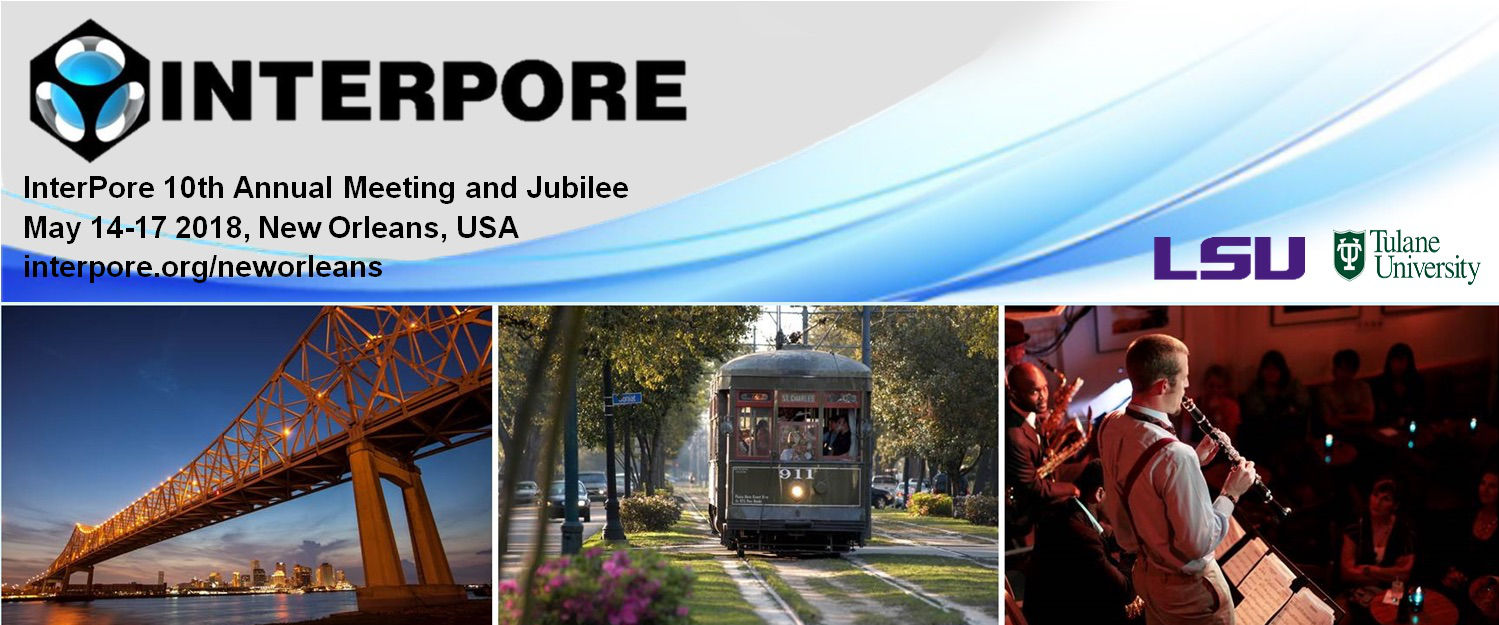Speaker
Description
The coupling between subsurface flow and geomechanical deformation is critical in the assessment of the environmental impacts of groundwater use, underground liquid waste disposal, geologic storage of carbon dioxide, and exploitation of shale gas reserves. In particular, seismicity induced by fluid injection and withdrawal has emerged as a central element of the scientific discussion around subsurface technologies that tap into water and energy resources. Here we present a new computational approach to model coupled multiphase flow and geomechanics of faulted reservoirs. We present the application of the coupled flow-geomechanics simulation technology to the post mortem analysis of several earthquake sequences. These early applications suggest that computational modeling of coupled flow and geomechanics, in combination with geologic, seismotectonic, and geodetic constraints, provides a promising approach for assessing and managing risk due to induced seismicity.
References
B. Jha and R. Juanes, Coupled multiphase flow and poromechanics: a computational model of pore-pressure effects on fault slip and earthquake triggering. Water Resources Research, 50(5), 3776-3808 (2014).
R. Juanes, B. Jha, B. H. Hager, J. H. Shaw, A. Plesch, L. Astiz, J. H. Dieterich, C. Frohlich, Were the May 2012 Emilia-Romagna earthquakes induced? A coupled flow-geomechanics modeling assessment. Geophysical Research Letters, 43(13), 6891-6897 (2016).
R. Juanes, D. Castineira, M. C. Fehler, B. H. Hager, B. Jha, A. Plesch, and J. H. Shaw, Coupled Flow and Geomechanical Modeling, and Assessment of Induced Seismicity, at the Castor Underground Gas Storage Project. Report commissioned by the Spanish Ministry of Energy (April 2017).
| Acceptance of Terms and Conditions | Click here to agree |
|---|


